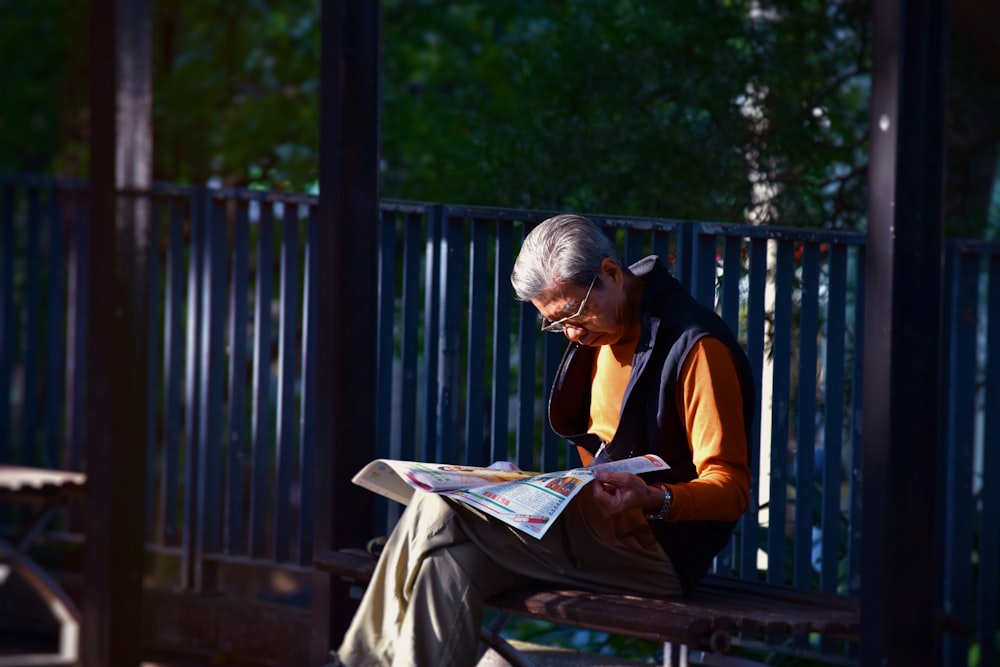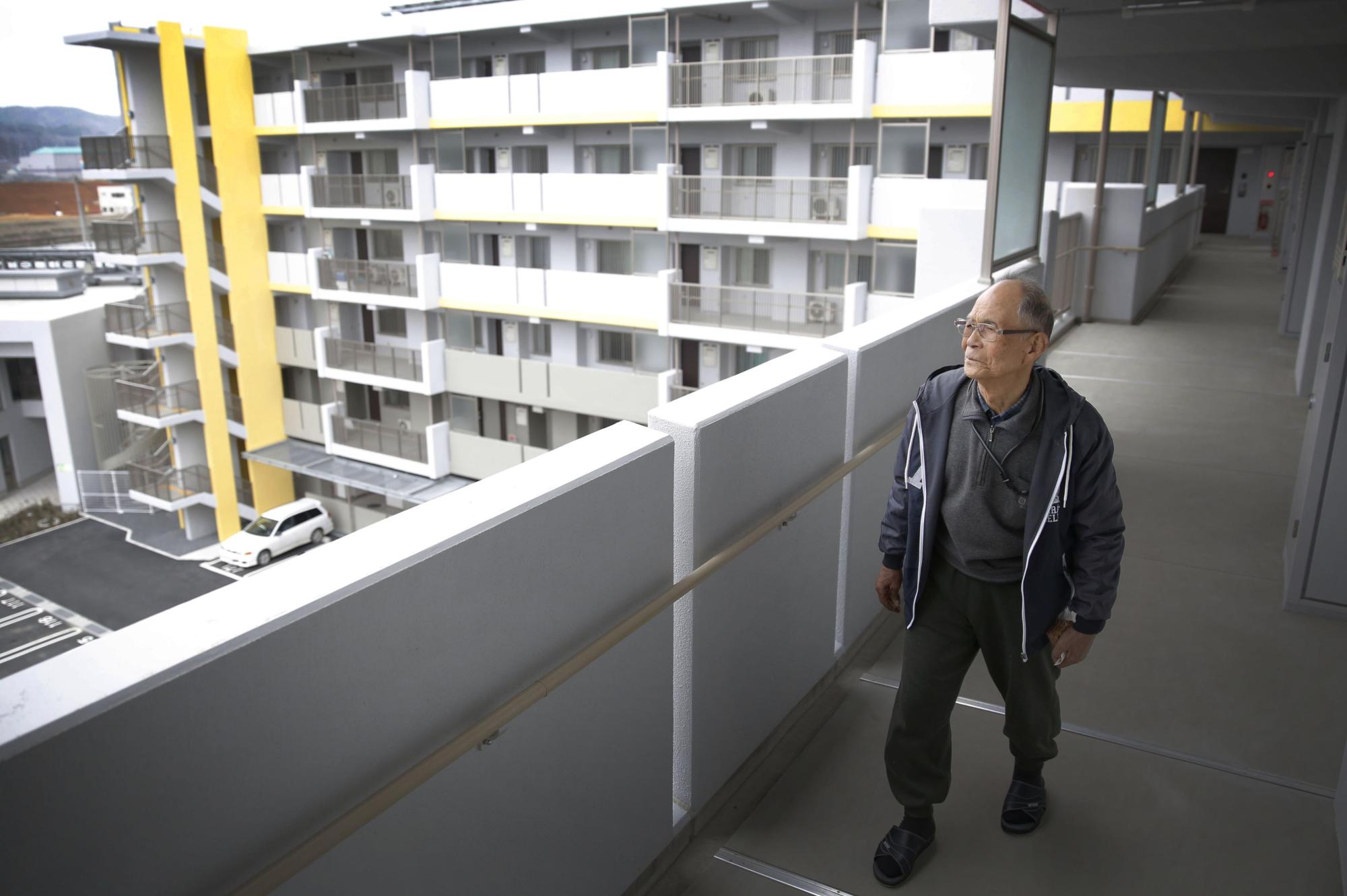
Since 2009, the suicide rate in Japan has seen a steady decline — until COVID-19 happened.
Increased remote work and forced isolation due to the pandemic have resulted in Japanese citizens feeling stressed and lonesome in seclusion. Preliminary data shows that 20,919 committed suicide in Japan in 2020, a far figure from the country’s current number of COVID deaths at 7,438. For the government, this is an issue as troubling as the pandemic itself, perhaps more so.
In response, Japanese Prime Minister Yoshihide Suga last week appointed Tetsuhi Sakamoto to a designated cabinet post tasked to synchronize efforts across multiple ministries and agencies and devise suicide prevention strategies, and mitigate the detriments of social isolation.

To fulfill his role, Sakamoto must assemble an interagency communication team to coordinate plans and host an emergency forum with advocacy organizations to identify key areas of concern.
He also suggests coordinating with the ministry of health and welfare on how to best approach suicide prevention, and with the ministry of agriculture on food banks.
In a quote on Nikkei Asia, Sakamoto shared his vision to foster social bonds to curb the rising suicide rate. “I hope to promote activities that prevent loneliness and social isolation and protect the ties between people,” he said. “We will work on a comprehensive approach to arrange a wide range of measures.”
While PM Suga has emphasized the problem among women, Sakamoto believes that loneliness afflicts people of various sex and age. The elderly tend to encounter difficulties adjusting to the technology-assisted social setting of the pandemic era. Meanwhile, the younger generations are also having a hard time recuperating from the loss of jobs and isolation from their peers.

Here in the Philippines, the Department of Health and the World Health Organization reported a significant increase in monthly hotline calls regarding depression, with phone-ins rising from 80 calls pre-lockdown to about 400. This is despite the fact that the country has consistently ranked in the Top 5 of a global optimism index.
One measure that the government pursued is to tap the church to address the worsening sense of helplessness among impacted citizens. In August, Justice Secretary Menardo Guevarra spoke to the media and tapped “spiritual leaders” to “shepherd their flock” and provide “faith and spiritual nourishment.”
If you are contemplating committing suicide, do not hesitate to reach out to the NCMH Crisis Hotline at 0917 899 8727 (USAP) and 989 8727 (USAP). These numbers are operational 24/7 and can provide assistance to individuals struggling with mental health conditions. You may also reach out to the following crisis hotlines within the Philippines:
In-Touch – landline: (02) 8893 7603; Globe: 0917 800 1123; Smart: 0922 893 8944
Tawag Paglaum-Centro Bisaya — Smart: 0939 937 5433/0939 936 5433; Globe: 0927 654 1629
Hopeline — landline: (02) 8804 4673 (HOPE); Smart: 0918 873 4673 (HOPE); Globe: 0917 558 4673 (HOPE)
Manila Lifeline Centre — landline: (02) 896 9191; Globe: 0917 854 9191
Philippine Mental Health Association, Inc. — landline: (02) 8921 4958/4959; Globe: 0917 565 2036/2037






















